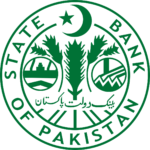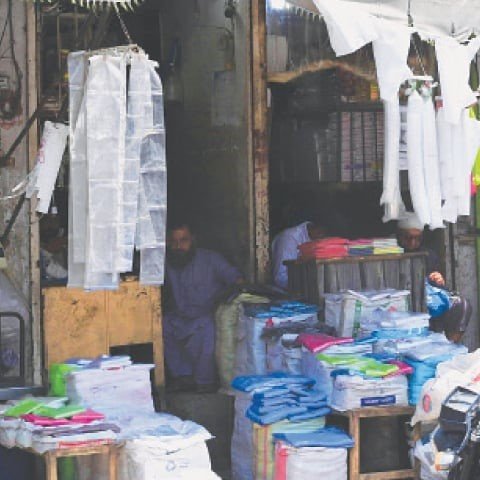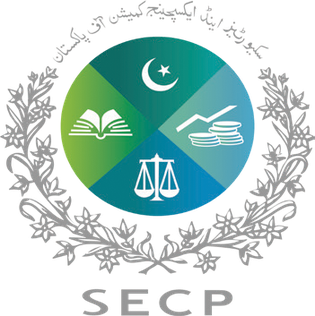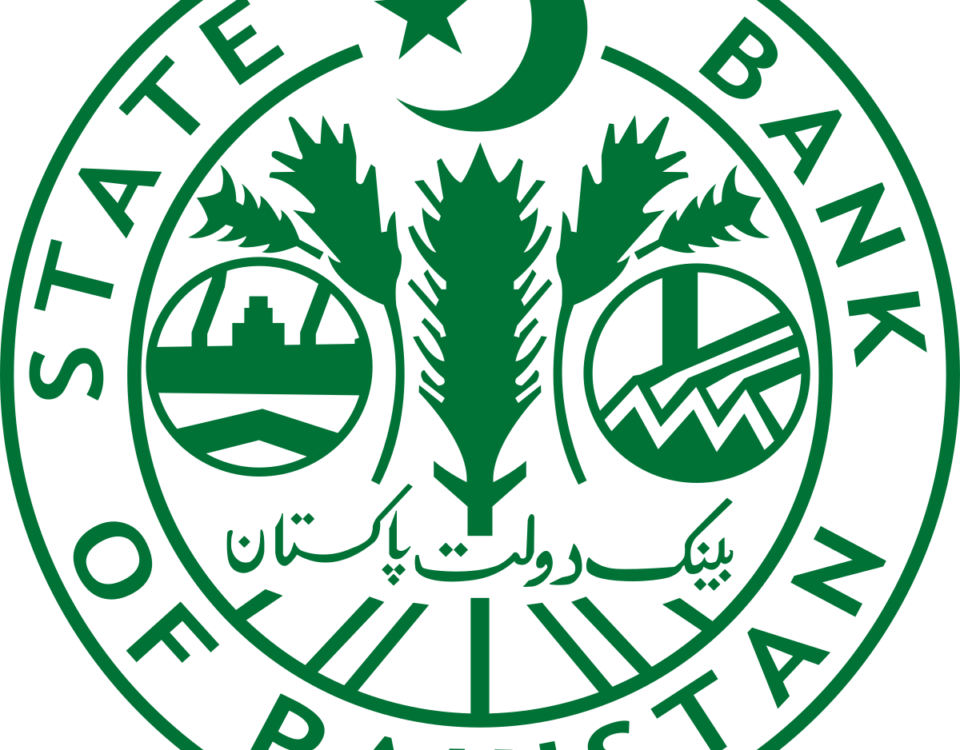
SBP Launches ESRM Manual
November 9, 2022
SECP’s Guidelines on ESG Disclosures for Listed Companies
June 13, 2024LAHORE: The Environment Protection and Climate Change Department (EPCCD) is preparing a digital registry to map and gauge plastic bag production and registration of all producers, distributors, collectors, and recycling units to gather data to take informed decisions to implement the Punjab government’s “No to Plastic” initiative.
Punjab, being the most populous province, is currently responsible for more than half of the total plastic consumption in the country, but there had been no data on the scale of plastic bag production, a source in the department told Dawn on Friday.
The WWF-Pakistan says the country consumes 55 billion plastic bags annually, with an expected annual increase of 15 percent. It says Pakistan’s per capita plastic consumption is 6.5 kilograms, which is approximately equal to the average weight of all vital organs combined in human body. As a result, an average Pakistani consumes so much plastic over 50 years that its total weight would be equal to that of at least five adults.
“This suggests that, in addition to over eight billion humans on the planet, these humans are contributing to a growing ‘plastic population’ that is outnumbering the human population, which may eventually also outnumber fish in the oceans,” asserts the WWF-P.
An environment production department official says that Pakistan, in 2022, imported virgin resin (raw material to make plastic products) worth USD3 billion as compared to the import of tea (one of the key imports in the country) worth USD707 million – not even a quarter of the total plastic imports.
Recognising the growing need to control the production and use of plastic products, Punjab Chief Minister Maryam Nawaz has taken political ownership and decided to take the challenge head-on by imposing a ban on plastic bags production and use from June 5.
The chief minister has instructed the environment department to monitor all registered premises to ensure no production unit violates the rules by producing single-use low-micron plastic bags. Additionally, the department will be required to conduct vigilance operations to ensure no plastic bag production unit is left unregistered.
Recognising the risks beyond clogging of drains, Senior Minister for Environment Protection Marriyum Aurangzeb says the past failures to counter the plastic problem have shown that elimination will not be possible with isolated interventions.
“Multi-sectoral interventions have been identified and the entire plastic elimination regime has been institutionalised within the Punjab Planning & Development Department. This time, it’s not just about banning the production of plastic bags less than 75 microns thick, but also facilitating businesses towards sustainable production. The focus is on responsible consumption and production”, adds Ms Aurangzeb.
Responding to a query, she says the Punjab government is not closing any industry, and instead acting as a catalyst to facilitate their transition to production of environment-friendly shopping bags.
EPCCD Secretary Raja Jahangir Anwar says the entire initiative has been supported by legislative measures and stakeholders have been taken on board to eliminate any gaps or discrepancies in implementing the plastic-free Punjab programme.
Furthermore, he says, the government has banned the entry of single-use plastic bags in its departments, schools and other public spaces. “These ‘Safe Zones’ will facilitate the transition to safer non-plastic bags use in daily life”.
Mr Anwar says the department has also engaged national and multinational corporations and Fast Moving Consumer Goods (FMCG) companies and encouraged them to carry out plastic audits.
“These companies have assured the government of compliance in all their productions,” Mr Anwar adds.
Published in Dawn, June 8th, 2024



